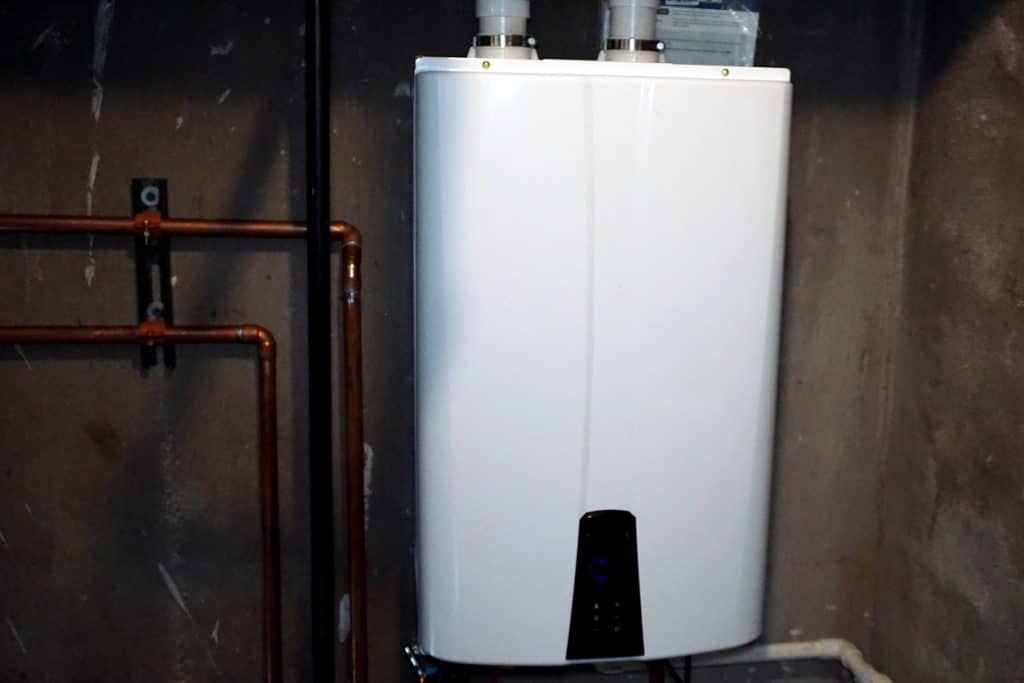Many people in Georgia have to deal with hard water, which can lead to a lot of mineral buildup. Mineral deposits can leave residue on sinks, showers, and toilets and cause damage to your appliances. As a result, you may find yourself having to replace or repair appliances sooner than expected. If you’re tired of dealing with hard water or are moving to a new place in Georgia and want to be sure that you have soft water, a water softening system can be installed. At Drain Surgeon, we’re here to assist residents in the Augusta area with water softeners.
Issues Related to Appliances
Any major appliance that deals with water is vulnerable to the effects of hard water. The dishwasher and washing machine are two units that are susceptible to problems. Their various pipes, inlets, and outlets can get clogged with mineral buildup, which is often called scale. As a result, water can’t flow as effectively, and they might not be able to do their job as well. Hard water can also lead to increased rust and premature wear and tear of interior components. Those components can start to leak, which can lead to a big headache. Another side effect is that dishes and clothing can become stained.
Smaller appliances can experience problems as well. Coffee makers, for instance, can have so much scale built up on them that they don’t work as well as they should. Ice makers, too, can get clogged by this type of buildup.
Water heaters represent major investments, and these units can also be harmed. With hard water, it can take longer to heat the water, and overworking a unit can take a toll on a system over time.
How a Softener Works
The reason why softeners can be good for appliances is that they remove calcium and magnesium from the water. They do so through the use of positive sodium ions coating the resin in the interior of their tanks. As hard water flows into a tank, the calcium and magnesium positive ions stick to the resin. Periodically, the water softener tank needs to be renewed with positive sodium ions, and that’s done by flushing it with a concentrated solution of sodium chloride. This process adds more sodium to the resin and flushes the calcium and magnesium down the drain.
At Your Service
We’re confident that you’ll notice a difference in water quality after you have a water softener installed. Plus, your appliances will thank you since they won’t have to work as hard. We can answer any questions you might have about water softeners. Call us to learn more about our services.





